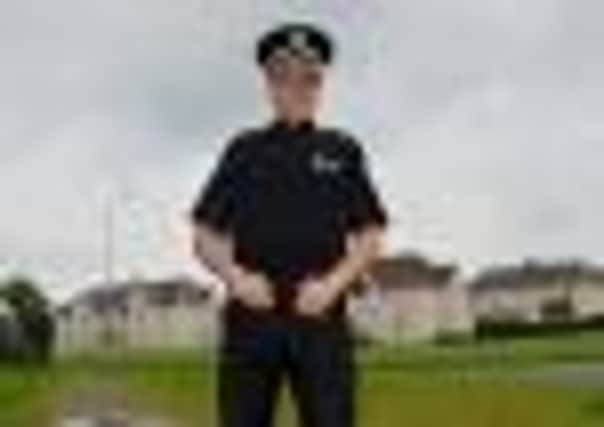House parties are latest menace for drunken violence, says police chief


Chief Constable Stephen House, of Strathclyde Police, said the lower cost of alcohol in off-licences, compared with pubs and clubs, is leading to more drinking at home and parties.
He backed minimum pricing as part of the solution, but also called for a cultural change in attitudes to drinking.
Advertisement
Hide AdAdvertisement
Hide Ad“What we have seen in the last few years is a significant shift in alcohol-related violence to people’s homes,” he said.
“Last weekend there were 20 acts of serious alcohol-related violence across Strathclyde. One of those incidents took place in a pub and it was well dealt with, quickly and efficiently, by staff. The remainder were either in the street or in people’s homes.
“The phenomenon we are seeing is house parties. They normally last up to 24 hours and end in some act of serious violence.”
He praised the approach of pubs and clubs to city centre drinking, but warned that some still served drunk customers.
Chief Constable House said: “There’s a significant issue we need to deal with, and that’s serving people who are drunk.
“Last week we had a situation where a young woman was in a club – a responsible place in the city centre – from mid-afternoon to 2am.
“When she came out, she was helped out by the door staff. She had had so much to drink that she sat down on the kerb and fell and smashed her head. She went to hospital with bleeding on the brain.”
He added: “I think we can do something about this. There are examples where society has changed in recent years. Attitudes to drink-driving have changed; also attitudes to smoking and domestic abuse.
Advertisement
Hide AdAdvertisement
Hide Ad“I think we should have minimum pricing simply because it might work. Some people will say it won’t work, but I think we have to give it a go. If we can level the field between pubs and clubs and off-licences then people will go out more. If people go to pubs and clubs, their behaviour is far more controllable.”
The Alcohol Summit at Glasgow City Chambers was attended by health, alcohol and social work leaders.
Dr Evelyn Gillan, chief executive of Alcohol Focus Scotland, said: “This is one of the biggest public health challenges Scotland faces. Liver-disease death rates have risen sharply, almost vertically, in recent history.”
However, Linda de Caestecker, director of public health at NHS Greater Glasgow and Clyde, said they had seen a fall in the last three years.
“Death rates are higher [in Greater Glasgow and Clyde] but they are declining, and among the males the decline has been significant,” she said.